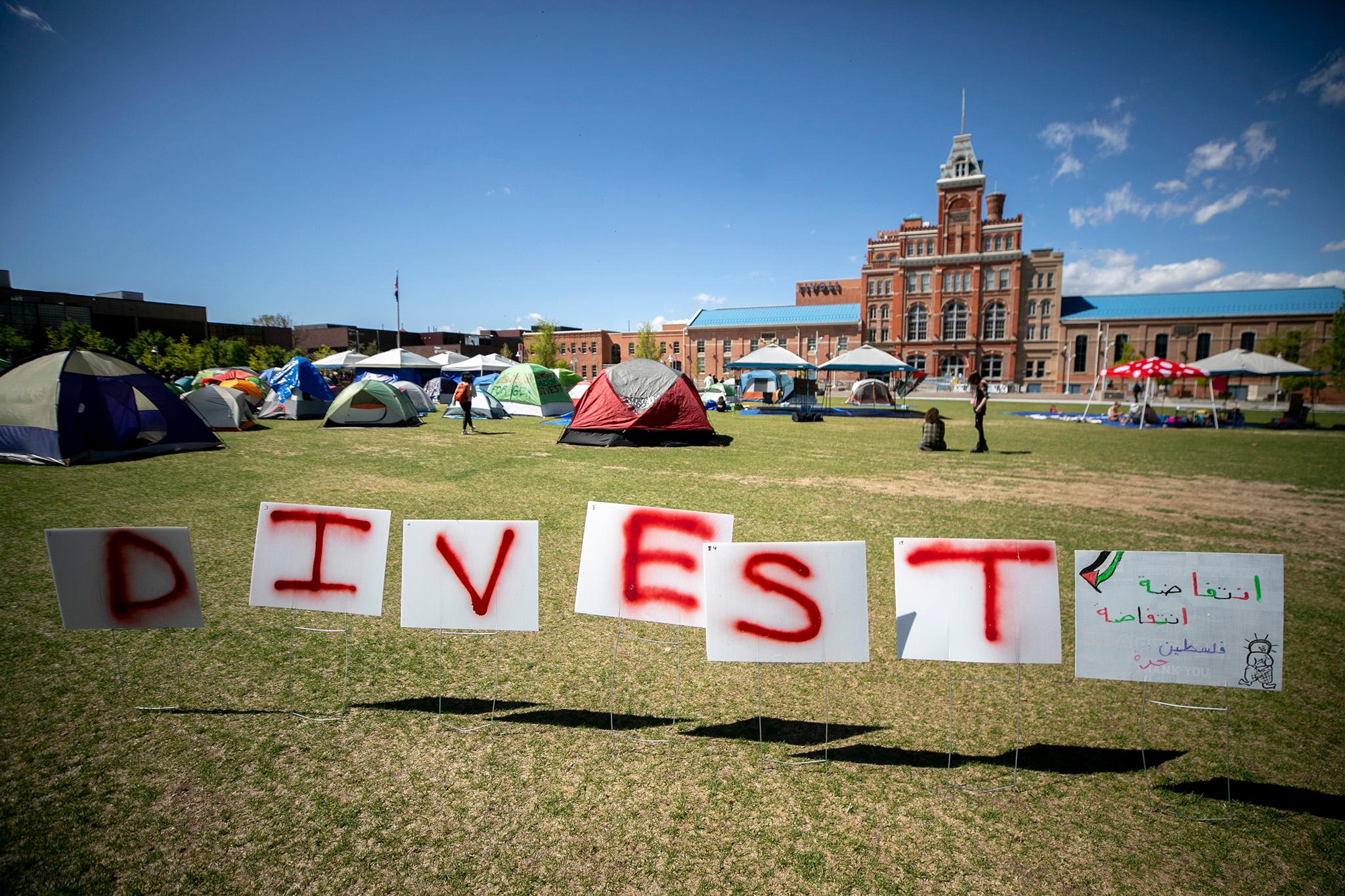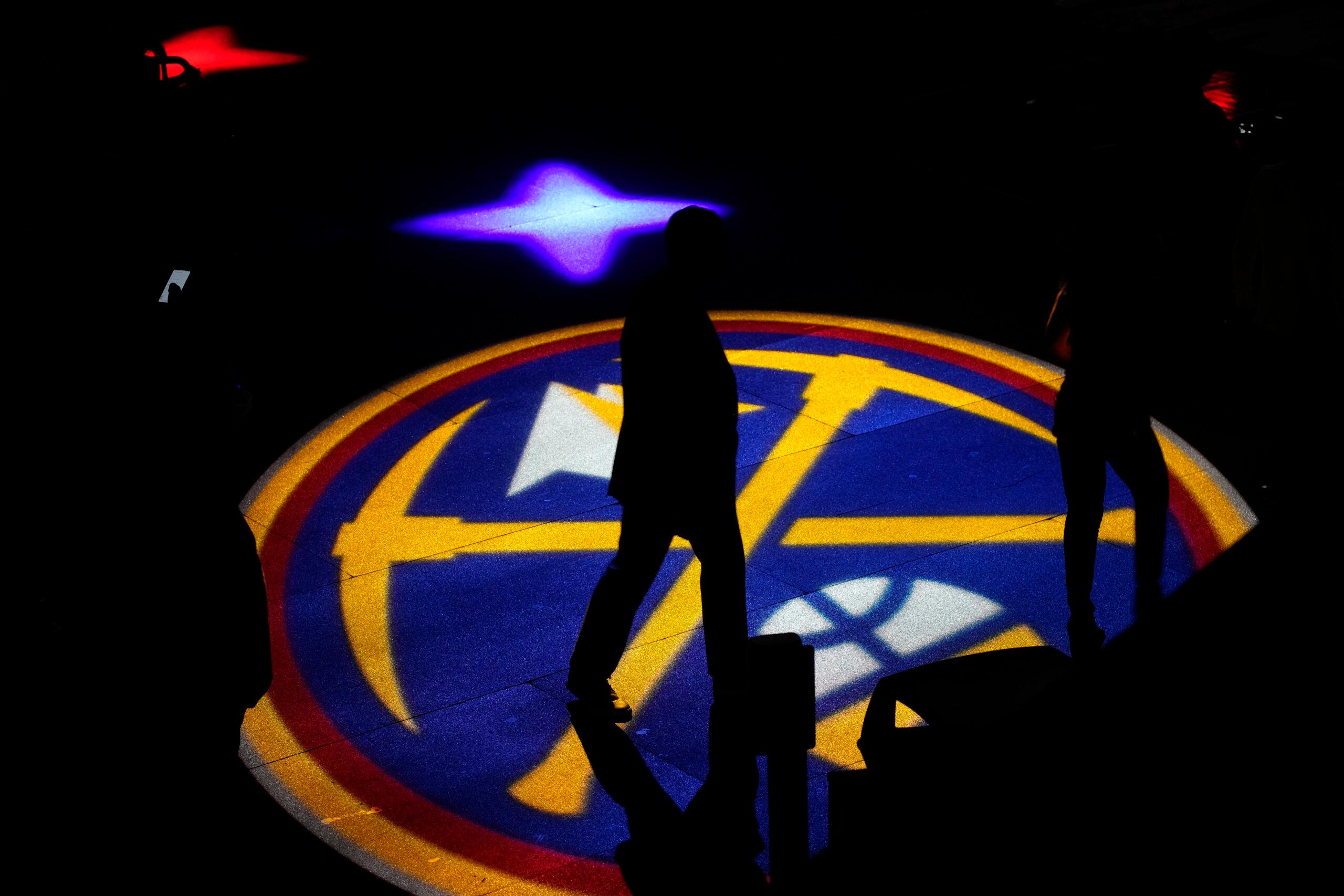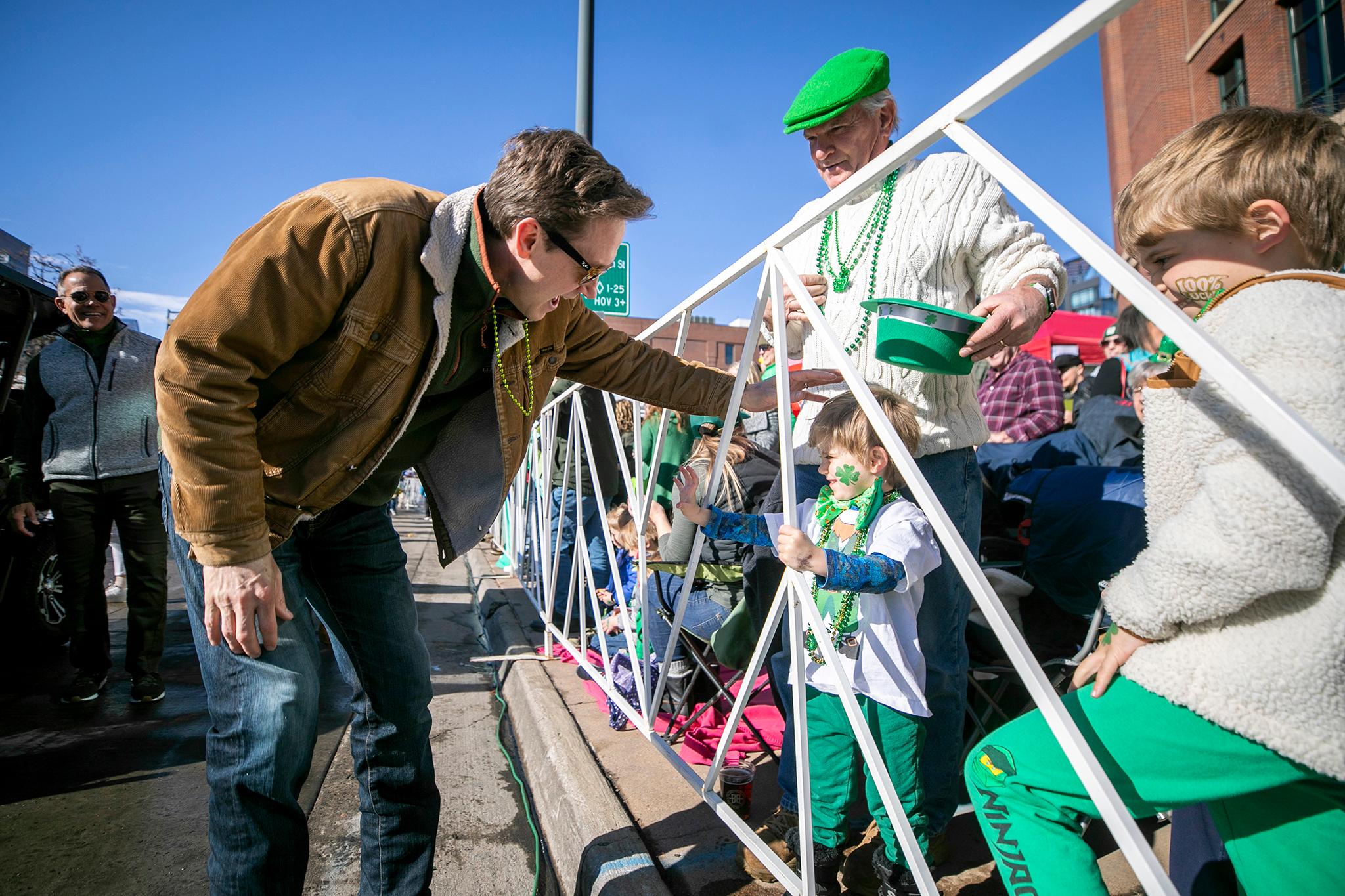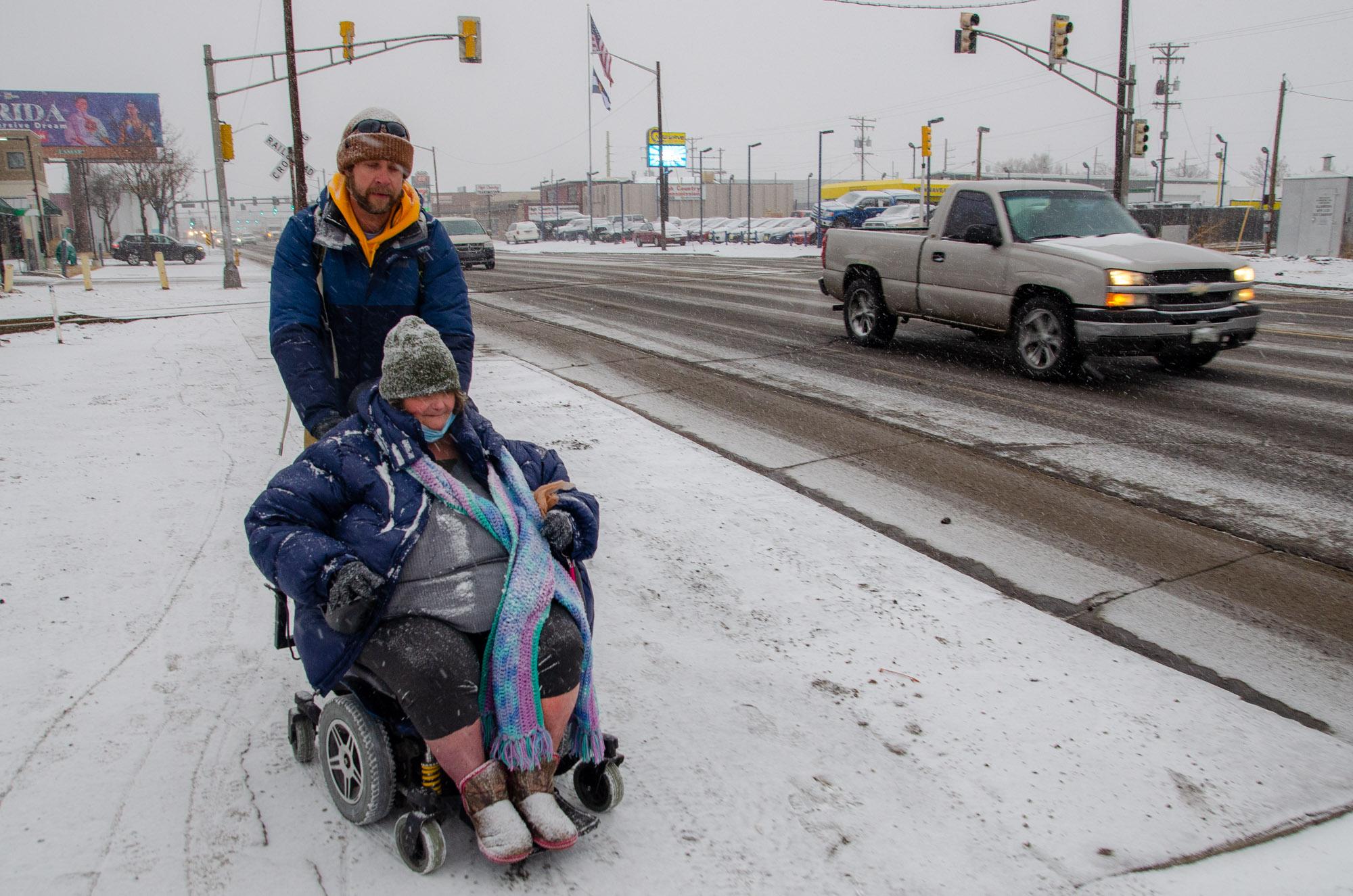As the Auraria antiwar camp enters its second full week, student organizers say they’re seeing progress in getting their demands met by university leaders.
On Friday, Metropolitan State University of Denver leadership met with organizers with the Students for a Democratic Society. Shortly afterwards, MSU Denver President Janine Davidson wrote to the campus saying the university has agreed to provide “financial information related to the University’s investments and industry relationships,” as well as brokering a meeting between the protesters and MSU Denver’s Board of Trustees.
“I’m optimistic that based on today’s productive conversation, as well as earlier meetings, we can find common ground,” Davidson wrote in the letter.
Davidson added that the university and its endowment have “no significant investment” in companies operating in Israel.
SDS protesters extended their list of demands to MSU Denver last week. The demands were near identical to the ones they posed to the University of Colorado system, which include a request for the system to denounce the actions of the Israeli government, terminate contracts and relationships with companies operating in Israel, as well as divestment from those companies.
The University of Colorado Board of Regents have not publicly commented on the ongoing protests, however they have met behind closed doors to discuss legal advice on the encampment.
What’s happened so far
Auraria students erected the antiwar camp on April 25 to protest Israel’s ongoing military action in Gaza, which has killed more than 34,000 Palestinians, according to the Health Ministry there. Israel began the war after Hamas killed more than 1,400 Israelis and took 200 hostages in a surprise attack on October 7, 2023.
On campus a day after the Auraria protests began, Denver and Auraria police officers moved to disperse the camp, arresting over 40 people in the process. Auraria campus officials told Denverite that about half of those arrested weren’t students enrolled at any of its three universities. Protesters quickly reestablished the camp, and Denver Police Chief Ron Thomas has claimed that his department has refused a second request to disperse the camp, although it isn’t clear when that request was made.
Nearly a week following the arrests, Auraria Higher Education Center CEO Colleen Walker told Denverite that calling the police on protesters is a “last resort,” claiming that the campus and its three universities are committed to an open dialogue with students.
On Thursday, Auraria officials touted a $15,000 donation to the International Committee of the Red Cross from an anonymous donor should protesters take down the camp. The campus gave protesters a deadline of about two hours to make a decision, however students quickly rejected the proposal. The donation was subsequently taken off the table.
Meanwhile, antiwar protests are growing in number both nationally and on Colorado campuses. Encampments have been established at Colorado College and Colorado State University, although at a smaller scale than Auraria’s. Other campuses, including the University of Colorado Boulder and Colorado State University Pueblo, have seen rallies in opposition to the war in Gaza, but student organizers there have not gone as far as setting up encampments.














